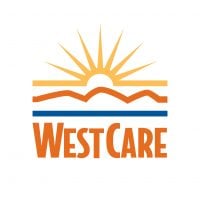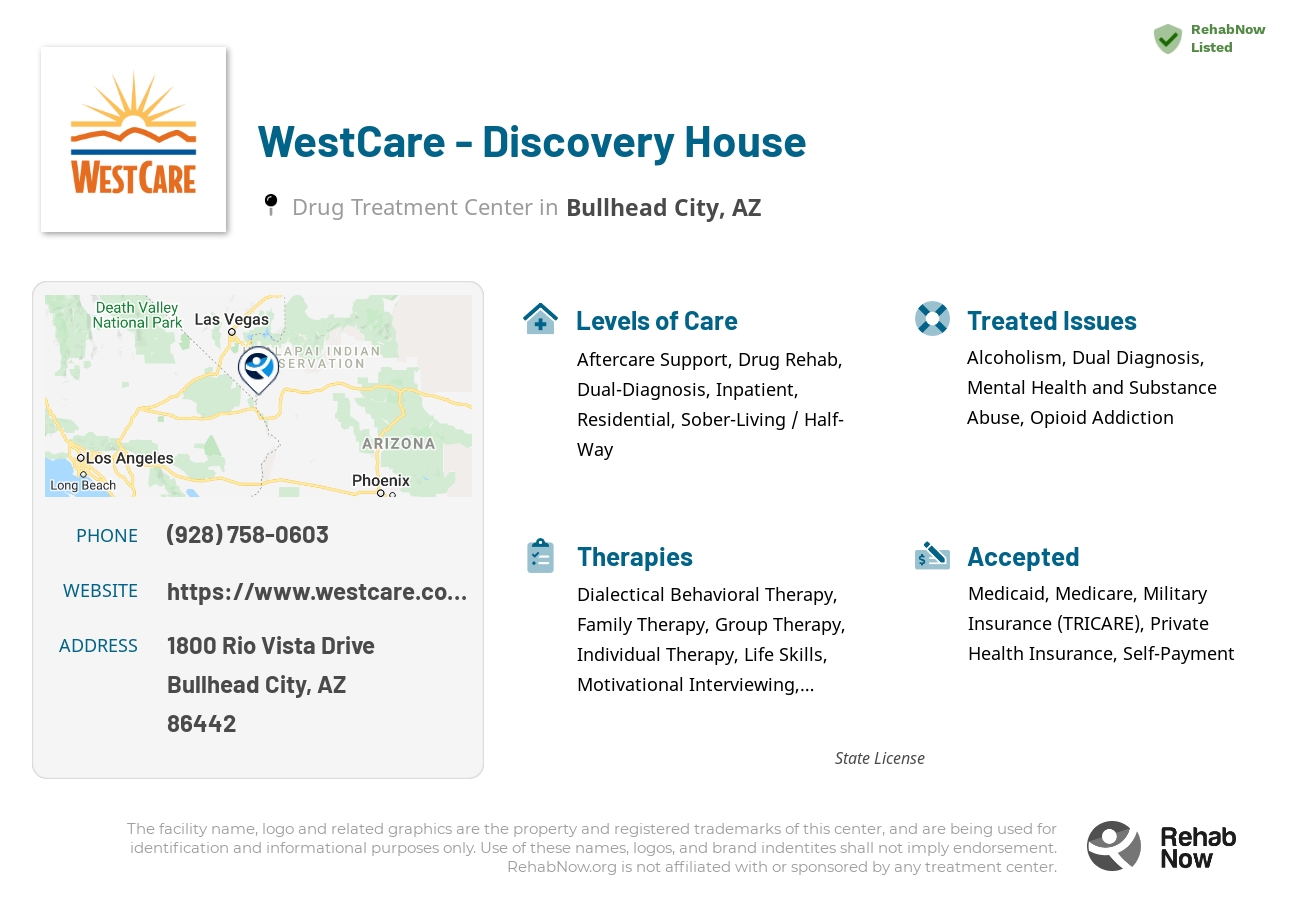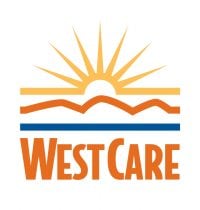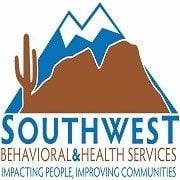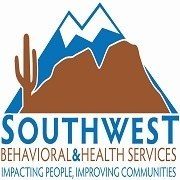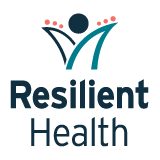WestCare - Discovery House
Drug Rehab Center in Bullhead City, Arizona
WestCare - Discovery House is an accredited Addiction Treatment Facility with experienced, certified staff located in Bullhead City, AZ offering services tailored to address the needs of individuals struggling with Alcoholism, Dual Diagnosis, Opioid Addiction, and Drug Addiction.
About WestCare - Discovery House in Arizona
WestCare - Discovery House in Bullhead City, Arizona, is a drug treatment facility that focuses on helping individuals suffering from alcoholism, dual diagnosis, opioid addiction, and drug addiction. This facility offers a range of services including aftercare support, drug rehab, dual-diagnosis treatment, inpatient programs, residential treatment, and sober-living/half-way levels of care. With a capacity of 6 beds, WestCare - Discovery House is able to provide personalized and individualized care to each patient. The facility is accredited by the state and holds all necessary licenses to ensure high-quality treatment and support.
At WestCare - Discovery House, individuals struggling with addiction and substance abuse have access to a comprehensive range of services to aid in their recovery journey. The facility offers aftercare support, which helps individuals transition back into their daily lives after completing their treatment. They provide drug rehab programs that are tailored to address the specific needs of each person, ensuring personalized and effective care. WestCare - Discovery House also specializes in dual-diagnosis treatment, recognizing the complex nature of co-occurring mental health disorders and addiction. With their inpatient and residential programs, individuals can receive 24/7 care and support in a structured environment. Additionally, the facility offers sober-living and half-way levels of care to assist individuals in maintaining their sobriety and gradually reintegrating into society.
Genders
Ages
Modality
Additional
Accreditations
State License
Conditions and Issues Treated
Many people who struggle with opioid addiction need to attend specific programs like methadone , Suboxone or Vivitrol clinics.
These types of programs will provide the patient with legal, prescription medications that can help them overcome their cravings for illegal opioids like heroin or fentanyl . If the patient has a chronic condition like Hepatitis C, they must undergo treatment before they can begin taking these medications.
Dual Diagnosis is a specific relationship between two or more disorders that have the same symptoms and can sometimes be treated together. This is used in the treatment planning process when dealing with drug addicts. Dual diagnosis can be viewed as a chronic medical condition that has comorbid psychiatric disorders.
Although addiction and a mental illness may have separate symptoms that are not easy to detect, they often go hand in hand. Many times, drug abuse is a direct result of the mental illness. In other words, treating the addiction will not resolve all of your issues. Unless you also treat the underlying mental illness, you will not be successful in achieving sobriety.
Levels of Care Offered
This center offers a variety of custom treatment tailored to individual recovery. Currently available are Aftercare Support, Drug Rehab, Dual-Diagnosis, Inpatient, Residential, Sober-Living / Half-Way, with additional therapies available as listed below.
Inpatient treatment is an intensive program that takes place when a patient checks into a rehabilitation facility. The treatment includes detoxification and counseling sessions, which are round the clock. Outpatient treatments are also available, but inpatient care is advised as the first step of rehabilitation.
Intensive rehab ensures the patient stays in a substance-free atmosphere, improving treatment success rates. The patient participates in group therapy for motivation from other patients who have overcome addiction. Family members are also involved in providing emotional support throughout the program.
Sober Living Homes are an option for those who have completed a treatment program within the past several months. However, it isn’t advisable to use this as a permanent living arrangement because it can lead to a relapse .
The goal of a sober living home is to provide a supportive environment for recovering addicts so they don’t need to return to their previous lifestyles. The homes will not accept residents who are still using drugs or alcohol, and those living in the house must follow a set of rules dictating how they should behave to avoid relapsing.
Residential treatment programs are those that offer housing and meals in addition to substance abuse treatment. Rehab facilities that offer residential treatment allow patients to focus solely on recovery, in an environment totally separate from their lives. Some rehab centers specialize in short-term residential treatment (a few days to a week or two), while others solely provide treatment on a long-term basis (several weeks to months). Some offer both, and tailor treatment to the patient’s individual requirements.
Aftercare is a term that’s used to refer to any sort of continuing care offered for a drug addict who has voluntarily entered a rehabilitation program. This type of care can be provided in several settings, including outpatient therapy sessions after the addict has completed an inpatient program. There are also 12-step support groups, such as Alcoholics Anonymous, which can provide additional help for addicts trying to stay sober.
Therapies & Programs
Individual Therapy is a critical component of addiction recovery. Therapists work with patients to identify the root of their addiction and figure out how to better handle the issues that led to them using drugs. Individual Therapy is the one-on-one session where people meet with their therapist. Individual therapy provides a safe space for people to open up and discuss personal and sensitive topics which they may not feel comfortable discussing in a group setting.
Family therapy will also help families realize that the addiction is not their fault. For many years, people blamed themselves for an addict’s behavior and felt that they had done something wrong. This is not the case. Addiction is a disease, and it can strike anyone, even if their life seems fine from the outside. It can bring a lot of shame to a family when they have an addict in their midst, but if everyone is open and honest with each other, then they can help everyone stay in recovery.
Group Therapy is utilized by drug treatment centers like WestCare - Discovery House to provide the recovering drug addict with a platform to talk about their feelings and experiences. It also provides for an opportunity to learn from other addicts who have successfully overcome their addiction.
Group Therapy is employed in lectures, seminars, or discussion groups (the latter two are typically conducted as “therapy groups”). It is recommended that all group members be recovering addicts for this type of therapy to work (though it does not exclude others with lived experience).
Trauma therapy is a clinical process that helps individuals deal with mental stress often caused by traumatic events. It is generally done for children, teenage victims of sexual assault, and war veterans. The therapist helps the person identify, understand and work through the problem. This is done with the help of talking about it in group or one-on-one counseling sessions. Therapists use relaxation, role-playing, art, and music to help the person open up about what is bothering them.
Dialectical Behavior Therapy (DBT) is used by drug treatment centers across the United States to help drug addicts become sober. DBT combines traditional behavioral treatments with elements from DBT, including dialectics, distress tolerance, and interlocking issues. It is commonly used to treat Borderline Personality Disorder (BPD) along with substance abuse disorders. The four DBT modules are mindfulness, interpersonal effectiveness, emotion regulation, and distress tolerance.
Cognitive behavioral therapy is also a popular service for individuals living with addiction. This type of supportive treatment uses both one-on-one counseling and group sessions to teach addicts how to identify thoughts, behaviors and emotions that might increase their risk of relapse.
These professionals can help addicts develop coping skills for managing stress, improving self-esteem and overcoming triggers. They might also use behavioral therapy to help addicts learn how to avoid cravings and warning signs that could lead them back into addiction.
Therapy can be used as a step-down from inpatient treatment or as the primary method of overcoming an addiction. No matter which option is best for the addict, they will teach important emotional coping techniques, which can make it easier for addicts to get through the tough days.
(REBT) was developed by Dr. Albert Ellis in 1955. The therapy is based on the premise that our beliefs lead to and maintain our emotions and behaviors. Therefore, if a person has irrational thoughts, they will have an unhealthy emotional life. And as long as those irrational beliefs remain unchanged, they will continue to have unhealthy emotions and behaviors.
REBT is a purely psychological therapy, meaning it does not incorporate the use of medications or supplements. Instead, REBT focuses on helping people understand, respect, and accept their feelings without judgment, enabling them to have more control over their actions and behaviors.
The therapeutic process is straightforward: clients learn to identify the irrational beliefs that cause distress, challenge good coping statements, and replace them with healthy, rational beliefs.
Training in improved life skills helps those recovering from addiction feel more capable of self-care. WestCare - Discovery House are daily skills that give the person the tools they need to survive.
The therapy covers practical activities like cooking, job hunting, social interaction, and money management, helping to fill in the knowledge gaps caused by addiction.
These life skills help the person self-manage their recovery and stay on track. It also reduces relapse risk as they gain confidence in their day-to-day abilities.
Payment Options Accepted
For specific insurance or payment methods please contact us.
Is your insurance accepted?
Ask an expert, call (888) 674-0062
WestCare Arizona Associated Centers
Discover treatment facilities under the same provider.
- WestCare - Blossom House in Bullhead City, AZ
- WestCare - Bullhead City Community Involvement Center in Bullhead City, AZ
- WestCare - Diamond House in Bullhead City, AZ
- WestCare - Kingman Community Involvement Center in Kingman, AZ
- WestCare - Lake Havasu City Community Involvement Center in Lake Havasu City, AZ
Learn More About WestCare Arizona Centers
Additional Details
Specifics, location, and helpful extra information.
Bullhead City, Arizona 86442 Phone Number(928) 758-0603 Meta DetailsUpdated November 25, 2023
Staff Verified
WestCare - Discovery House Patient Reviews
There are no reviews yet. Be the first one to write one.
Bullhead City, Arizona Addiction Information
Arizona has some of the highest rates of prescription drug abuse in the United States. Methamphetamines, heroin and morphine are among the most commonly abused substances. Prescription pain relievers were prescribed to 348 million people in 2012, enough to medicate every adult in Arizona for 2 full weeks. The number of people with substance use disorders in Arizona has remained relatively constant over the past few years.
The drug abuse problem in Bullhead City is extremely severe, due in part to the high number of residents with medical and prescription drug problems. 14.5% of the population has a serious addiction to prescription drugs or illegal narcotics. There are a variety of drug treatment options available for someone looking to get sober in Bullhead City, Arizona. Drug rehab treatment is an important step on the road to recovery from addiction.
Treatment in Nearby Cities
- Avondale, AZ (172.3 mi.)
- El Mirage, AZ (165.3 mi.)
- Bullhead City, AZ (3.6 mi.)
- San Manuel, AZ (285.7 mi.)
- Peach Springs, AZ (71.5 mi.)
Centers near WestCare - Discovery House
The facility name, logo and brand are the property and registered trademarks of WestCare - Discovery House, and are being used for identification and informational purposes only. Use of these names, logos and brands shall not imply endorsement. RehabNow.org is not affiliated with or sponsored by WestCare - Discovery House.
